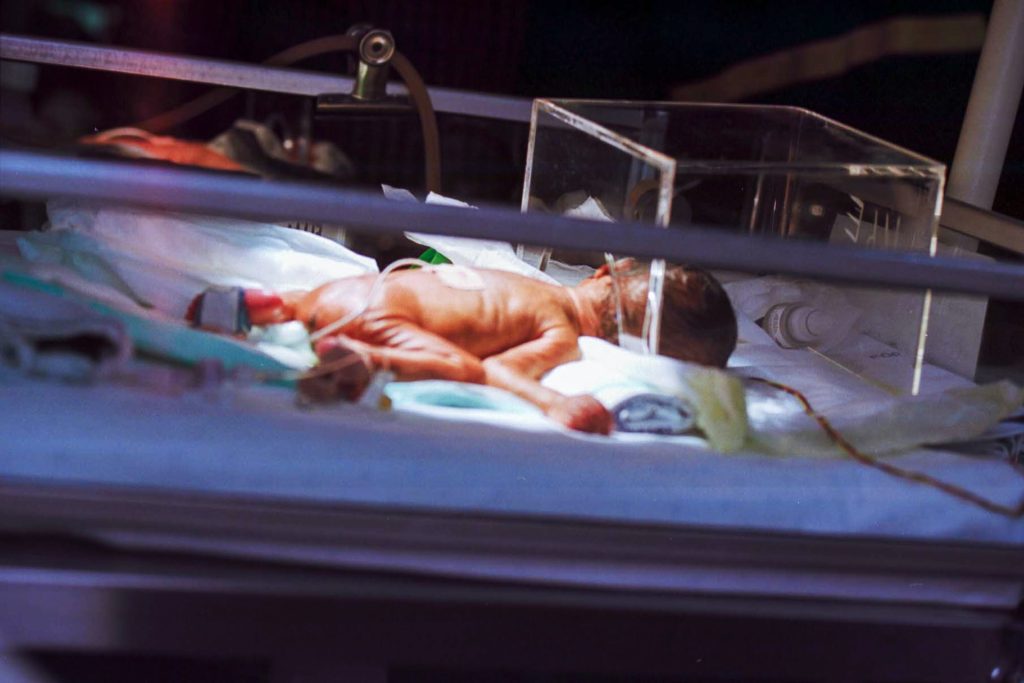
The immune systems of preterm babies are especially weak, making them more vulnerable to infection. A new study published in JCI Insight suggests that this vulnerability instead stems from an immune signalling pathway being suppressed, perhaps due to a requirement for it for successful foetal development in utero.
The earlier babies are born, the higher the risk of life-threatening complications. Infections can lead to sepsis and are among the most frequent causes of death.
“In the case of very prematurely born infants, a bacterial infection can lead to death within hours,” says LMU physician Prof Markus Sperandio. The physiologist and former paediatrician and neonatologist researches the causes of this high susceptibility to infection together with his team at LMU’s Biomedical Center Munich. Now the researchers have demonstrated that an immunostimulatory signalling pathway is suppressed in the developing immune system.
In preterm infants, neutrophils ‘turned off‘
Sperandio had already shown in earlier studies that, in the foetus and in newborns, neutrophils do not work as in adults. Unlike in adults, foetal and neonatal neutrophils do not manage to sufficiently attach to the walls of blood vessels and extravasate into inflamed tissue. This is necessary, however, to trigger an inflammatory response and thus initiate immune defence.
Now the LMU researchers, working in collaboration with the Children and Women’s Clinic at University of Munich Hospital, have investigated which mechanisms are behind this immaturity. By means of a so-called transcriptomic analysis, they compared the gene activity of neutrophils in umbilical cord blood of premature and full-term babies with adult neutrophils. Compared to adults, there is a lot of gene activity in premature and full-term infants that counteracts immune defence. “In this case, these neutrophils act as if they were switched off,” says Sperandio.
Balance shift of immunoregulatory signalling pathways
This particularly affects signals transmitted via the NF-κB signalling pathway, which plays a decisive role in immune and inflammatory responses. It consists of two possible pathways for signals: one that promotes inflammation and one that can suppress it. Therefore, the activity of these two pathways must be finely balanced for proper regulation of the immune response.
“Our experiments have shown that this balance is shifted towards the anti-inflammatory pathway in foetal and neonatal neutrophils,” says Sperandio. “Whereas this regulation of neutrophil function is clearly a requirement for normal foetal growth in utero, it leads to immune defence problems in prematurely born infants who have to adapt ‘too soon’ to the world outside the uterus.” To what extent these findings will be a springboard for new therapeutic approaches in the future remains to be seen. “Due to the complex processes in the growing foetal and neonatal organism, maturation-adapted therapies are conceivable but remain a long way off at this stage,” says Sperandio.

